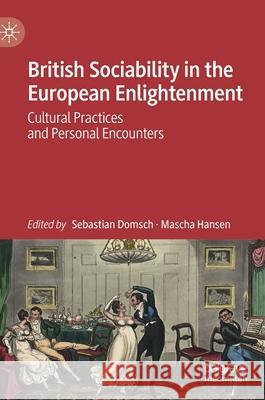British Sociability in the European Enlightenment: Cultural Practices and Personal Encounters » książka
topmenu
British Sociability in the European Enlightenment: Cultural Practices and Personal Encounters
ISBN-13: 9783030525668 / Angielski / Twarda / 2021 / 242 str.
British Sociability in the European Enlightenment: Cultural Practices and Personal Encounters
ISBN-13: 9783030525668 / Angielski / Twarda / 2021 / 242 str.
cena 443,82
(netto: 422,69 VAT: 5%)
Najniższa cena z 30 dni: 424,07
(netto: 422,69 VAT: 5%)
Najniższa cena z 30 dni: 424,07
Termin realizacji zamówienia:
ok. 16-18 dni roboczych.
ok. 16-18 dni roboczych.
Darmowa dostawa!
Kategorie:
Kategorie BISAC:
Wydawca:
Palgrave MacMillan
Język:
Angielski
ISBN-13:
9783030525668
Rok wydania:
2021
Wydanie:
2021
Ilość stron:
242
Waga:
0.49 kg
Wymiary:
21.01 x 14.81 x 1.91
Oprawa:
Twarda
Wolumenów:
01
Dodatkowe informacje:
Wydanie ilustrowane











